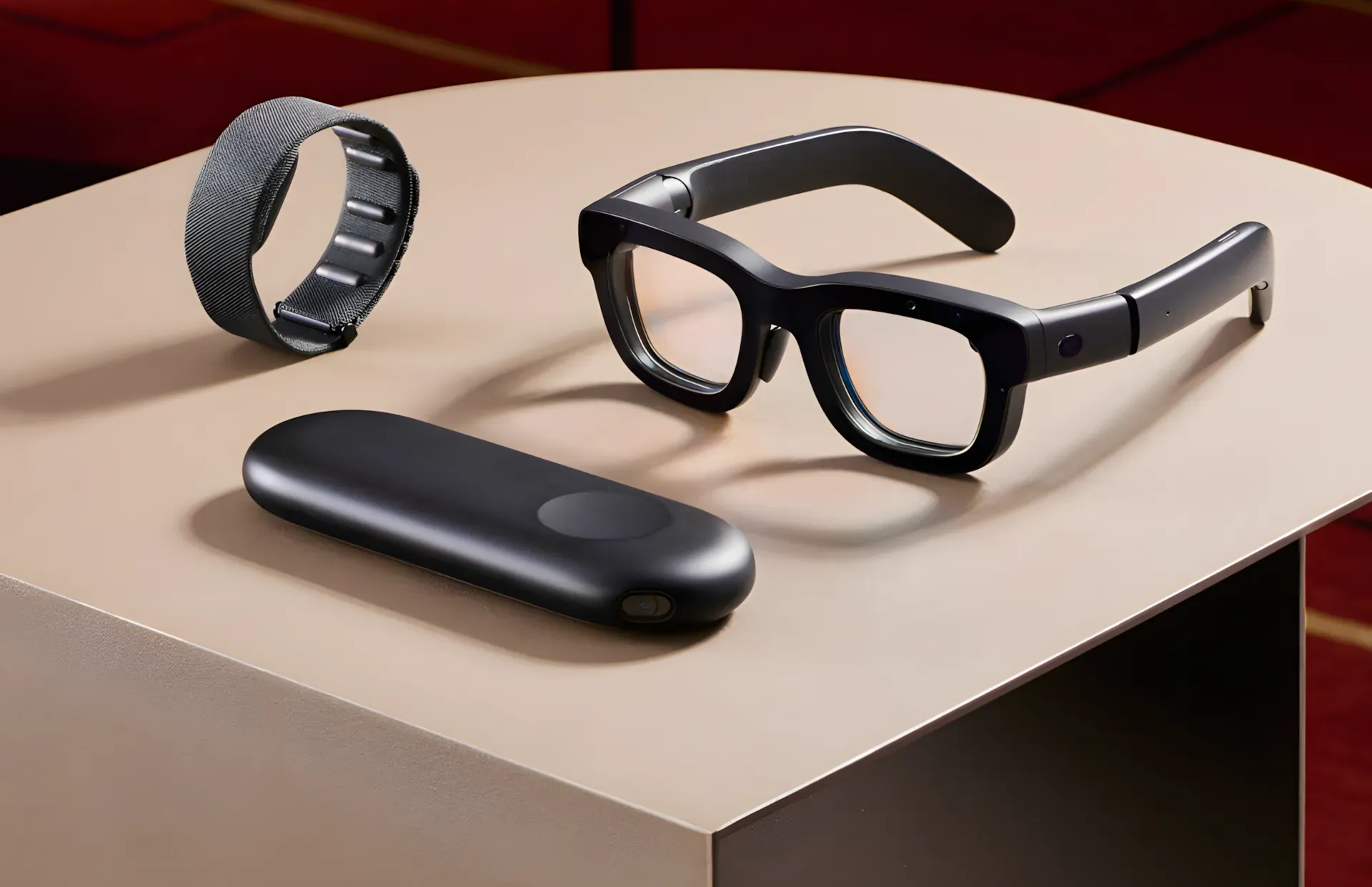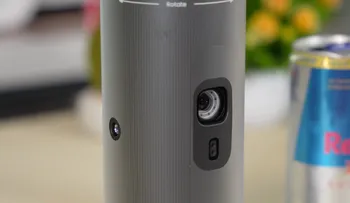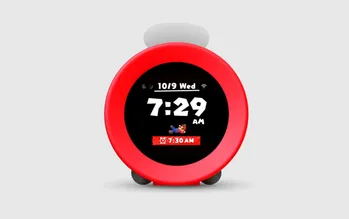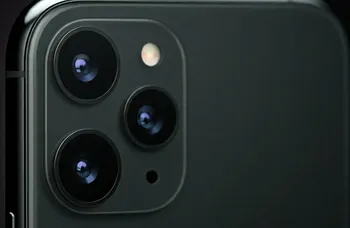At the Meta Connect event, Meta presented a prototype of augmented reality (AR) glasses called Orion. According to Meta's vision, these are currently the most advanced AR glasses that have been seen so far.
The Orion glasses are still in the prototype stage and will be used by employees and selected external partners for testing purposes only to continue the development process.
So far, Meta has brought out AR glasses with cameras, microphones, and speakers in collaboration with Ray-Ban. However, in the future, there will also be glasses equipped with displays, which is what Meta has been developing over the years with billions of dollars invested. Meta announced its work on AR glasses five years ago.
Now, the glasses presented under the name Orion were previously known by the codename Project Nazare.
These glasses are reminiscent of regular sunglasses but are slightly larger and offer an augmented reality experience.
Meta claims that the Orion glasses have the largest field of view among AR glasses so far, despite being one of the smallest. The Orion glasses provide a 70-degree field of view, which is wider than in virtual reality (VR) glasses but still narrower than in full-fledged AR glasses.
Meta uses micro-LED projectors and waveguide lenses with built-in laparoscopic optics in these glasses. The lens material was chosen based on its durability, lightness, and high brightness.
The Orion glasses can offer various 2D and 3D experiences around the world. They include an AI assistant from Meta that can recognize what is seen through the glasses and provide relevant information about it. Examples of their functionality include video calls, possibly holographic presentations of people, and viewing and responding to WhatsApp and Messenger messages.
The Orion glasses could be used for messaging.
Meta AI can recognize the ingredients seen through the Orion glasses and create a smoothie recipe based on them.
The weight of the Orion glasses is 98 grams. They are made from magnesium, which is lighter than aluminum and allows for efficient lens movement.
The Orion glasses require an external central unit to function. A central unit handles the calculations and network connection while the glasses connect wirelessly to it. The battery life in the glasses currently lasts about two hours.
In addition to the glasses, there is also an earpiece. Meta uses it for not only eye and voice control but also brain control in a way that powers thoughts. The earpiece reads neural activities using EMG (electromyography) technology and allows control through various electrodes. Meta acquired some of this expertise in 2019 with the acquisition of CTLR Labs.
The glasses themselves contain seven cameras used for hand tracking and integrating augmented reality into the surrounding world.
According to Meta, the prototype of the Orion glasses will help in developing even better AR displays for future devices while continuing to optimize the overall system by reducing the size of the glasses and making them more affordable to produce.
It is intended to manufacture about 1,000 sets of Orion prototype glasses.
So far, according to Meta, the production cost of the Orion glasses is approximately $10,000 per unit, which is clearly too high for broader market entry. Initially, Meta planned to bring the Orion glasses to market but abandoned these plans in 2022 due to the high production costs.












